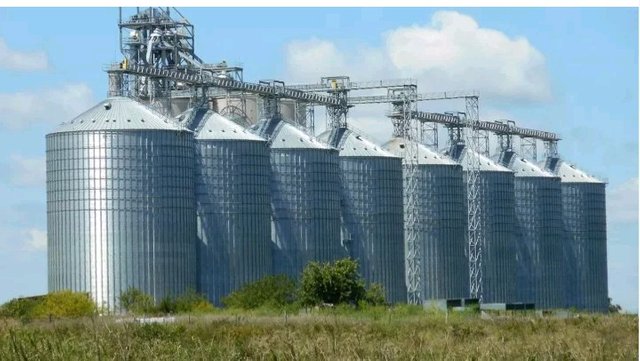Research on how farmers can benefit from Blockchain
I was made to know that Blockchain has taken over some E-commerce company but I was so concerned about how blockchain could affect agriculture.
As technology pundits speculate on how blockchain will be a game-changer, business leaders are looking for ways to tap into the technology.
“I’m very excited about this,” says Prakash Iyer, Senior Vice President of Software Architecture and Strategy with Trimble Inc. “It’s going to define a whole new paradigm of building applications — not just blockchain applications, but how you apply blockchain to transactional applications, settlement applications or food traceability applications.”
Iyer is leading the charge at Trimble to identify key ways that blockchain can be incorporated into various aspects of the global technology company, which develops transformational technology for sectors such as construction, geospatial, transportation and agriculture.
He says the real opportunity lies in early development of global industry standards that will guide the long-term adoption of blockchain.
“The way blockchain evolved, there’s really no agreed-upon standard,” Iyer explains. “We could play a leading role by helping to define that standard. It’s about showing thought leadership — because this is not just a technology play, it’s more of a business play, and a collaborative business play.”
But what about agriculture?
Though agriculture technology is gaining popularity — and capital — there has been very little talk of blockchain applications within core agricultural areas. There should be, though.
Blockchain has huge potential in three key areas of the agriculture industry:
- Provenance and radical transparency
- Mobile payments, credits, and decreased transaction fees
- Real-time management of supply chain transactions and financing.
Currently, there’s no easy, accurate and efficient way for manufacturers to know about issues like slave labor and pollution, or to identify the exact origin of a commodity. Yet consumers, especially within niche markets like organic food, are increasingly willing to pay for products that provide this information. To date, solutions have revolved around certifications and regulations, both of which add costs, are hard to enforce, and can be confusing to consumers. How do free-range and cage-free chickens differ, and what do the labels actually mean for animal welfare?

CONCLUSION
Blockchain is gradually taking over agriculture. In no distant time it would not be spoken as a news anymore but reality of this idea will be showcased.
I actually carried this research by sourcing from some sites about agriculture and with this I hope someone is informed about the changes.
@trevonjb
